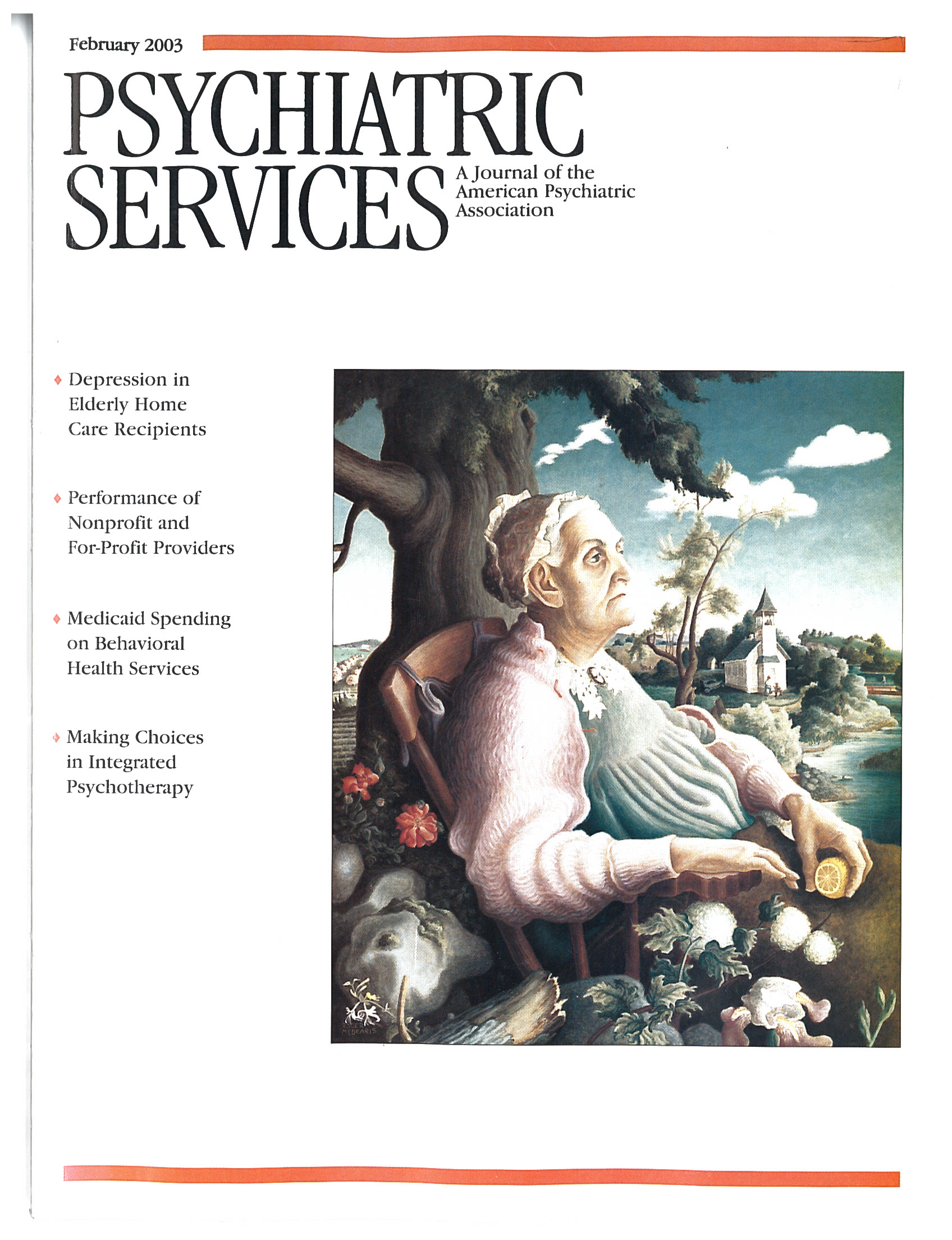Treatment of Depression Among Impoverished Primary Care Patients From Ethnic Minority Groups
Abstract
OBJECTIVE: The aim of this study was to determine whether supplementing traditional cognitive-behavioral therapy for depression with clinical case management would reduce the rate of dropout from care and improve outcomes for ethnically diverse, impoverished medical outpatients. METHODS: The study was a randomized trial that compared cognitive-behavioral group psychotherapy alone (N=103) with the same therapy supplemented by clinical case management (N=96). RESULTS: The patients who received supplemental case management had lower dropout rates than those who received cognitive-behavioral group therapy alone. Supplemental case management was associated with greater improvement in symptoms and functioning than cognitive-behavioral therapy alone for patients whose first language was Spanish (N=77) but was less effective for those whose first language was English (N=122). CONCLUSIONS: Supplemental case management improves retention in traditional mental health outpatient care and can improve outcomes for Spanish-speaking patients.



